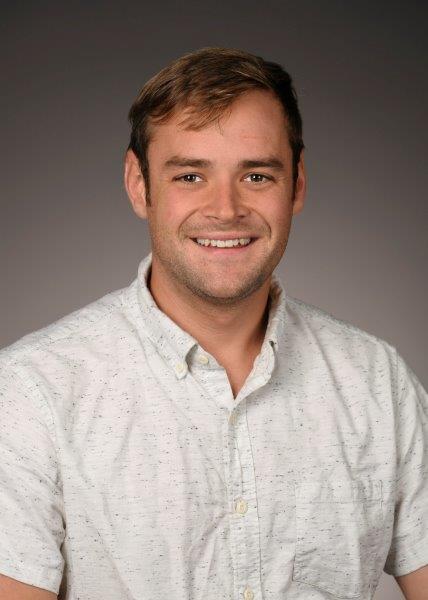Social Efficiency of Natural Resource Management

PHD DISSERTATION DEFENSE
Advisor: Christopher Costello
Committee: Kyle Meng, Andrew Plantinga
Abstract
Natural resources are essential to society, yet inefficiencies in their use are common, leaving potential for greater social benefits. This thesis explores contemporary issues in natural resource management, with an underlying theme of social efficiency. In Chapter 1, I develop a theory of climate change adaptation for dynamically evolving natural resources and apply it to the implications of warming ocean temperatures on global fishery harvests. I find the benefits of adaptation are surprisingly small, if absent of adaptation resource management is otherwise optimal. The findings suggest that exactly predicting and responding to future climate changes may be less important than other barriers to efficiency, such as open-access losses. In Chapter 2, I examine an institutional barrier to efficient use of fresh water resources. In the water-scarce Western United States, surface water resources are allocated hierarchically through a 19th century institution called prior appropriation. I pair daily administrative records of water allocations under prior appropriation with remotely-sensing irrigated crop outcomes to test if water is used efficiently in Colorado’s agricultural sector, and find evidence of unrealized gains from trade. Lastly, in Chapter 3, I estimate the economic value of reservoir storage, and compare its value to a planned infrastructure development project.
Bio
Sam is a natural resource economist specializing in dynamic theory and empirical methods. His research focuses on contemporary policy issues across a spectrum of natural resources including fresh water, fisheries management, and wildfire. He majored in Economics and Political Science at the University of Rhode Island and received a master’s degree in Agricultural and Natural Resource Economics from the Colorado State University. In his free time, Sam studies natural resources first-hand in the great outdoors.